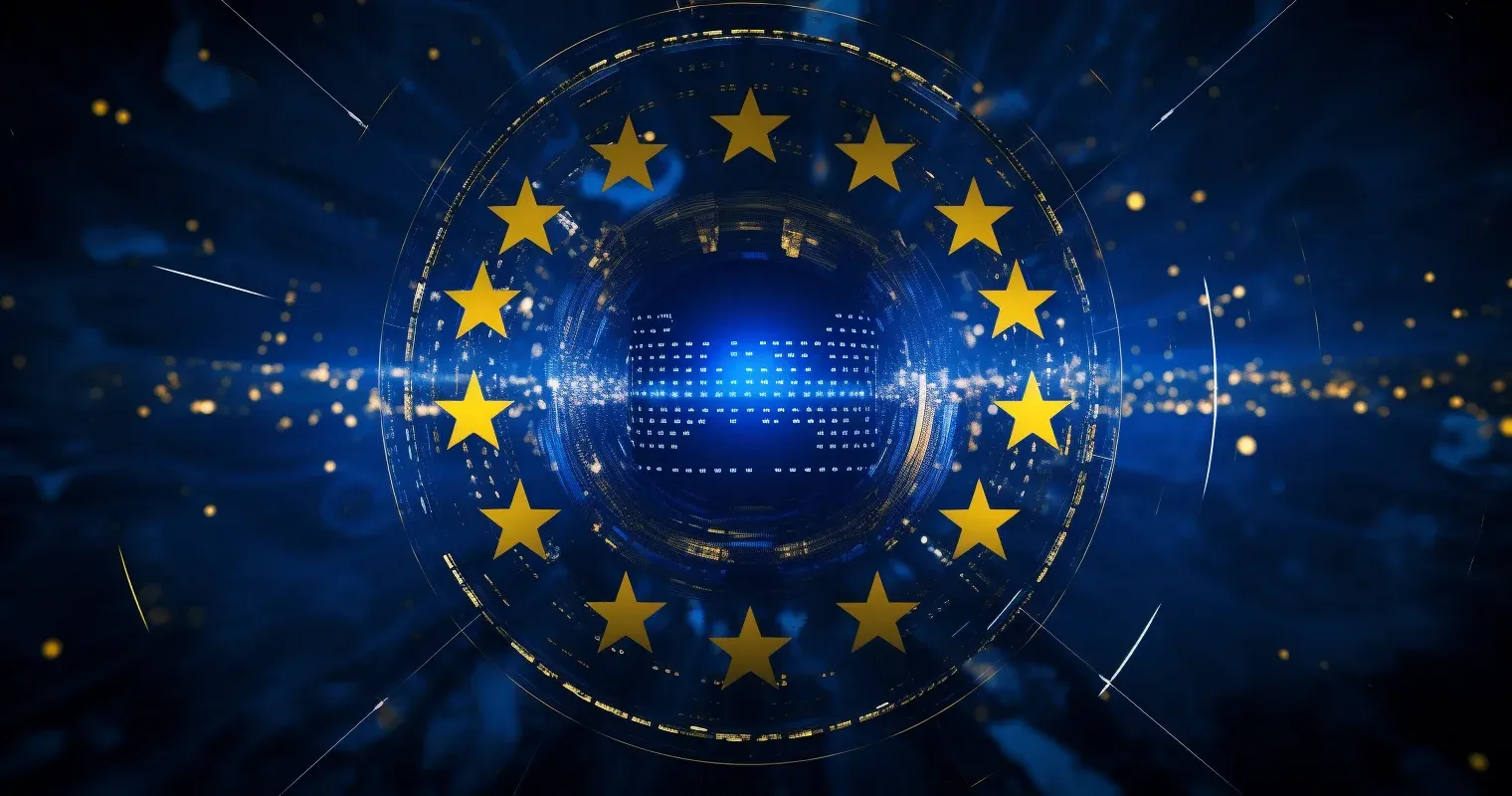It took two years — long enough to earn a Master's degree — but Europe’s landmark AI Act is finally nearing completion. Debates raged last week, but EU lawmakers on Friday reached a provisional agreement on the scope of Europe’s effort to rein in artificial intelligence.
The new rules will follow a two-tiered approach. They will require transparency from general-purpose AI models and impose more stringent safety measures on riskier ones. Generative AI models like OpenAI’s GPT-4 would fall into the former camp and be required to disclose basic information about how the models are trained. But folks in Brussels have also seen "The Terminator," so models deemed a higher risk will have to submit to regular safety tests, disclose any risks, take stringent cybersecurity precautions, and report their energy consumption.
According to Thierry Breton, the EU’s industrial affairs chief, Europe just set itself up as "a pioneer" and "global standard-setter," noting that the act will be a launchpad for EU startups and researchers, granting the bloc a “first-mover advantage” in shaping global AI policy.
Mia Hoffmann, a research fellow at Georgetown University’s Center for Security and Emerging Technology, believes the AI Act will “become something of a global regulatory benchmark” similar to GDPR.
Recent sticking points have been over the regulation of large language models, but EU member governments plan to finalize the language in the coming months. Hoffmann says that while she expects it to be adopted soon, “with the speed of innovation, the AI Act's formal adoption in the spring of 2024 can seem ages away.”
